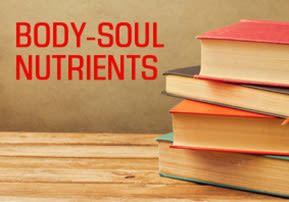
Body-Soul Nutrients
In this amazing four-part series by renowned Kabbalist and scholar Rabbi Yitzchak Ginsburgh, we learn how the principles of good health and nutrition are explicit in Kabbala...

Kabbala and Nutrition, Part 2
(Editor’s note: The Italic font face that appears in this series is from Biology by Miller and Levine (Prentice Hall), pp. 971-6, a common high school textbook used in the US. Regular text was written by Harav Yitzchak Ginsburgh.)
The energy needs of an average-sized teenager are about 2200 Calories per day for females and about 2800 Calories per day for males. If you engage in vigorous physical activity, however, your needs may be higher.
Chemical pathways in your body’s cells can extract energy from almost any type of food. Why then does it matter which foods you eat? Although most of the food you eat is used as fuel, a certain amount of food you eat has other important functions. Food supplies the raw materials used to build and repair body tissues. Some of these raw materials are used to manufacture new bio-molecules. These include the proteins that regulate cellular reactions, the phospholipids in cell membranes, and DNA—your genetic material.
Food also contains at least 45 substances that the body needs but cannot manufacture.
The science of nutrition—the study of food and its effects on the body—tries to determine how to help the body meet 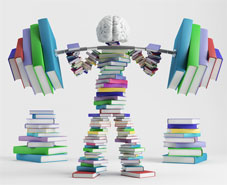 all of its various needs. Based on their research, nutritionists recommend balanced diets that include many different types of food. They also plan diets for people with particular needs, such as diabetics.
all of its various needs. Based on their research, nutritionists recommend balanced diets that include many different types of food. They also plan diets for people with particular needs, such as diabetics.
Nutrients
Nutrients are substances in food that supply the energy and raw materials your body uses for growth, repair, and maintenance. The nutrients that the body needs are water, carbohydrates, fats, proteins, vitamins, and minerals.
The Torah classifies the basic needs of every human being into the following five categories:
- Air
- Water
- Food
- Clothing
- Shelter
These five categories correspond to various aspects of the Torah’s mystical model of our psyche. Let us see how:
When healthy, we are generally not conscious of our breathing air. Thus, air corresponds to our super-conscious faculty called the sefirah of crown. Water is likened to our faculty (or sefirah) of wisdom, which is responsible for providing us with new insights. Like water, which flows downhill, from a high place to a low place, the insights of our wisdom flow down from their source in our super-conscious crown. Whereas air and water represent relatively unconscious or autonomous processes in the psyche, food represents ingestion and integration of external nutrients into our internal being. In the psyche, the integration of spiritual food, meaning the teachings of the Torah, is achieved by the faculty (or sefirah) of understanding. Clothing represents the emotive attributes of the psyche. Finally, shelter, that is, our home, represents our social nature. As human beings, we are family and community oriented. This requires us to bring out our potential for leadership, which is associated with our faculty (or sefirah) of kingdom.
It is customary to picture such a correspondence in chart form, based on the traditional way of organizing the soul’s faculties:
| crown (keter) air | |
| understanding (binah) food | wisdom (chochmah)
water |
| emotive faculties (chessed loving-kindness thru yesod foundation) clothing | |
| kingdom (malchut) shelter | |
We can now recognize that among the six nutrients required by the body, water is a separate category (it corresponds to wisdom) from the other five (which correspond to understanding). Still, all six are necessary for the body’s healthy functioning. In Kabbalah, we are taught that wisdom and understanding constitute an inseparable pair, which is why water and the other five nutrients are listed together. Wisdom is also known as the father principle (water) and understanding as the mother principle (the other five nutrients) of the psyche.
While the father principle is essentially singular, the mother principle is described as complex and composed of five components. Wisdom and understanding (or the father and mother principles) correspond to the first two letters, yud (י) and hei (ה) of God’s essential Name, Havayah (also known as the Tetragrammaton). The letter yud is described as a dimensionless point alluding to wisdom being essentially singular and corresponding to water as a category in itself. The numerical value of the letter hei is 5, thus providing us with another allusion to the five nutrients that correspond to understanding and the mother principle.
In Kabbalah, the five components of the mother principle, or understanding, subdivide into 3 and 2. The five nutrients subdivide in a similar way: carbohydrates, proteins, and fats form one subdivision; vitamins and the minerals form the second.
To be continued
* * *
Reprinted with courtesy of www.inner.org




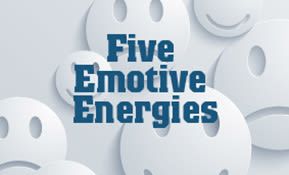

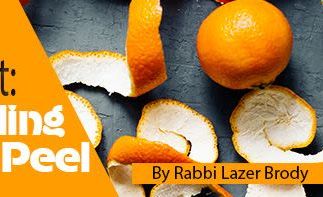

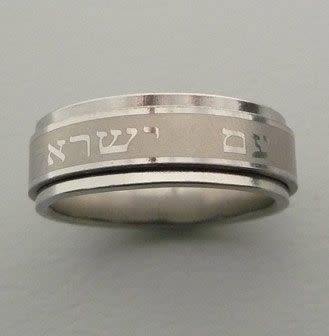
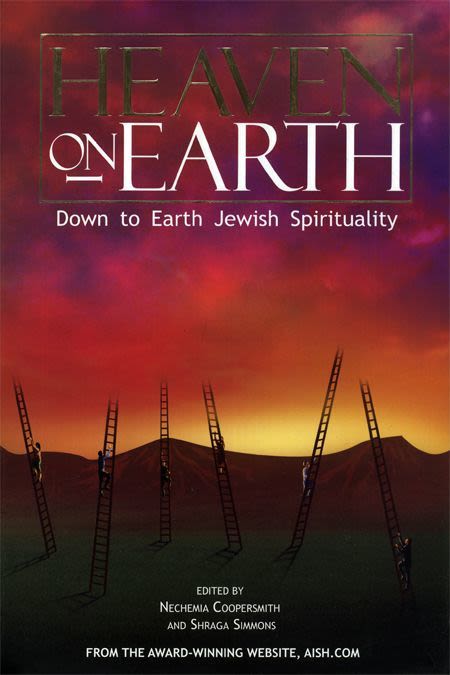
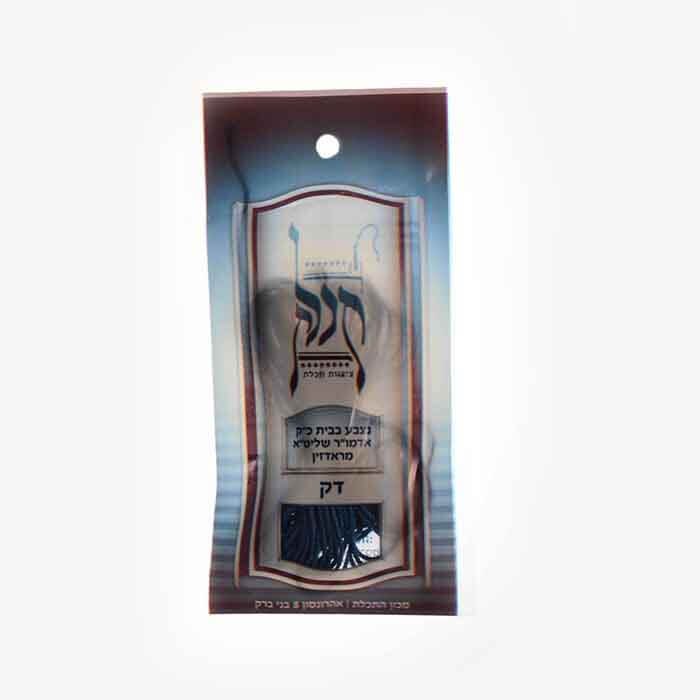

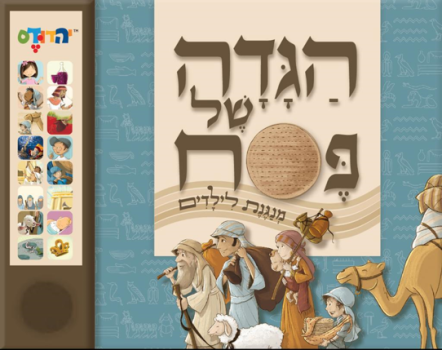
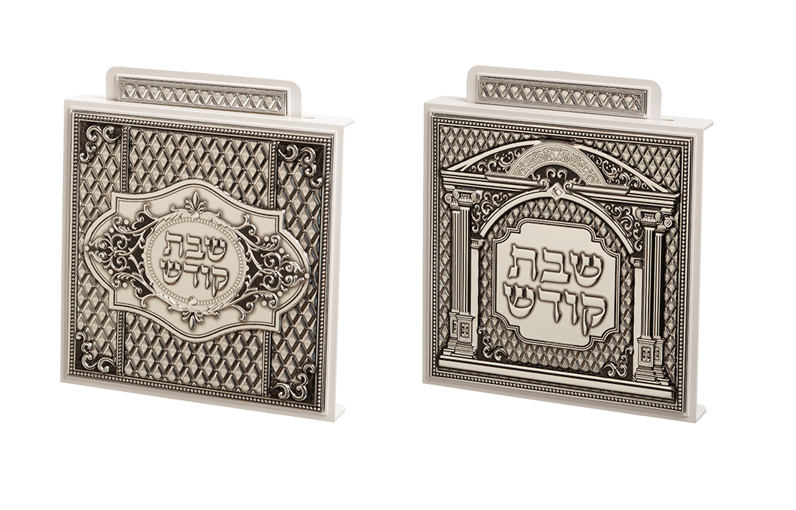
Tell us what you think!
Thank you for your comment!
It will be published after approval by the Editor.